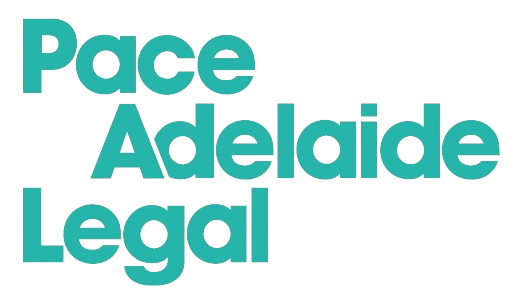Going through the process of divorce can be enough to give you a headache, but when your spouse goes “missing” it can become a real nightmare.
This is especially true when you are busy trying to move on with your life, and you have no idea where your spouse has disappeared to.
Along with waiting for 12 months after separating, the law also requires you to serve your spouse with a sole divorce application.
So, what happens if you can’t find your spouse?
Fortunately, there are some relatively straightforward steps you can take to rectify this and finalise your divorce.
Why do I have to serve the sole divorce application on my spouse?
Look at it this way. If someone were to start legal proceedings against you, you would want to know about it. This is why you need to ‘serve documents’ on the other party involved in just about any legal matter.
You might have seen this process in a movie where an investigator goes undercover to hand someone court documents followed by the line ‘you’ve been served’!
No matter how straightforward or how much of a ‘slam-dunk’ your case is, it’s only fair that the other side be made aware that you’re starting a legal process that involves them.
Obviously, to serve your spouse, you need to know where they are. As we are about to find out, not knowing where your spouse is or where they live isn’t a deal breaker. But it does complicate the matter.
What can you do?
First of all, the Court wants to make sure that you have made all reasonable attempts to track down your spouse. Once you have tried to do this and failed, your next steps come down to two options: substituted service or dispensation of service.
Option 1: Substituted service
Substituted service allows you to serve the court documents on a third party who the Court is satisfied will bring the documents to the attention of your spouse.
For example, say you still know where the parents of your spouse live, the Court may determine that it is acceptable that your spouse’s parents are still in touch with your spouse and will definitely deliver the documents to them.
Some other examples the court might consider as a third party could be:
• Their employer;
• One of their siblings; or
• Any other person the Court might see fit.
Option 2: Dispensation Of Service
Dispensation of service means you do not have to serve court documents on your spouse at all. However, generally speaking the Court will be less willing to order a dispensation of service if it thinks substituted service is more appropriate (Option 1).
For either of these options you will need to organise and present evidence that demonstrates you have gone to all reasonable efforts to locate your spouse. This amount of evidence could be substantial. So be prepared for us to ask you to provide lots of information.
It’s also likely you will need to attend the court hearing to give more evidence in-person when seeking the approval for either of the options.
Additionally, the Court could adjourn your matter and direct you to take certain specific steps. For example, the Court may require you to send a letter, search the electoral roll, or even advertise in local, national or overseas newspapers.
What sort of evidence do I need?
In addition to the information you know off the top of your head, when you see us for your initial meeting, it will be helpful to have a record of all the examples and evidence concerning everything you have done to contact your spouse. The sort of things that the Court will eventually want to know are:
• What you have done so far to contact your spouse;
• The last time you communicated with or saw your spouse;
• Their last known address;
• Their nearest relatives or friends that you have enquired to about your spouse;
• Where they work or study and if you have contacted their employer;
• The details of any child support or maintenance arrangement;
• The details of any jointly owned property, bank accounts or businesses;
• If there are any reasons why you have not been able to contact them;
• If there are any reasons why your spouse is avoiding you;
• The costs you have incurred while trying to locate them; and
• Any other relevant information that you think might be able to help the Court make it’s decision.
A third option
The final option doesn’t involve applying to the Court but involves some good ol’ fashioned detective work. This is where the ‘you’ve been served’ line comes into play. After all, the key problem here is the inability to literally hand the divorce application to your missing spouse.
So with that in mind, we can (on your behalf) engage the services of a process server who may be able to find your spouse’s address or even your spouse in person and serve the documents on them. The more information you can provide about your spouse, the likelier the chance of success the investigator will have. They also have access to further databases to search the whereabouts of your spouse.
Adelaide Legal Can Help
We understand that applying for a divorce can be a stressful process and being unable to locate your spouse makes it even more difficult, but with our help the process can be much smoother. At Adelaide Legal, rest assured that your matter will be dealt with effectively and professionally by our skilled practitioners.
For further information or assistance, please do not hesitate to contact us on 08 8410 9294.
For help with your divorce and more information about our Divorce Services click here – Adelaide Divorce Lawyers
